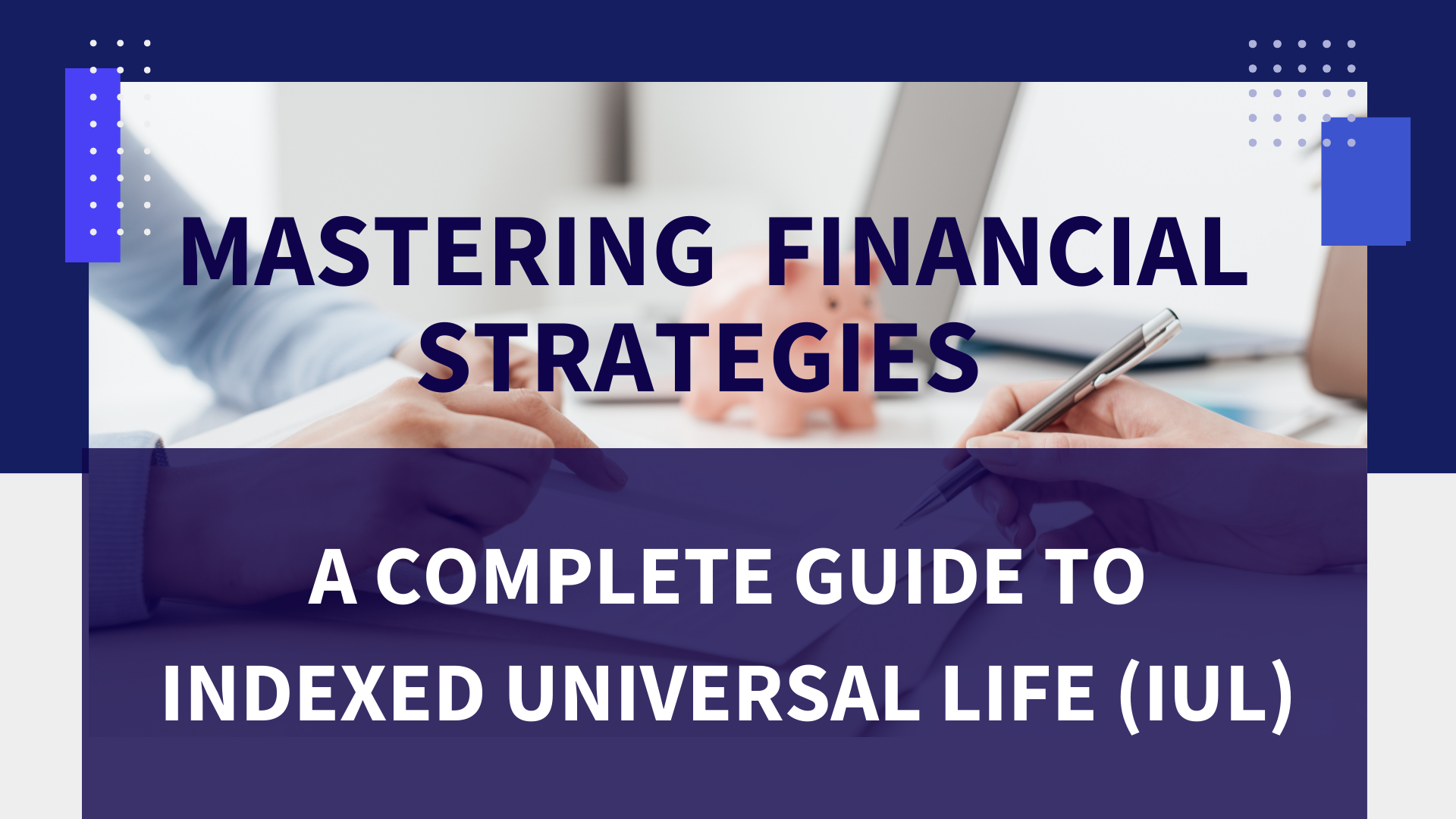Business Succession Planning
According to a recent survey of small business owners (defined as those with fewer than 300 employees), three out of five of the respondents did not have a business succession plan in place, with nearly half of that pool saying they thought it unnecessary.
Of business owners who have a business succession plan in place, less than half have discussed their plan with a lawyer or a financial advisor.
Many small business owners fall into the trap of thinking that since their company is small, they don’t need to take advantage of the advice of attorneys or advisors to protect their business. However, as small companies have fewer resources to fall back on and typically involve a smaller number of people investing more time and efforts into the business, it is, in fact, especially important to take measures to ensure the business outlives its founder.
Choosing a successor
Should the business owner wish for the company to continue after their departure, they must choose a successor and build a framework for the transition. Besides having a designated employee, family member, or investor to take the lead, choosing a successor helps the current employees feel more confident in their job security, leading to increased loyalty to the business.
What to do with the debt
One unpleasant surprise that many businesses learn only once their owner dies or becomes disabled is that a bank or other lending institution has the right to call in the debt and force repayment on any loans or line of credit held by the company once the leader is no longer there. Thus, an important part of business succession planning is to provide information on managing debt repayment once the founder has left. Specific funds, assets, or profit lines can be designated for debt repayment in order to simplify the process.
What to do with the debt
Financial advisors can serve clients without an established plan by helping clients create one that can potentially:
- Solidify a market for the business
- Create certainty about the price, terms and financing
- Identify triggering events and potential leaders for succession
- Establish retirement income for the business owner
- Provide a sense of security for surviving family members
- Facilitate a smooth and controlled transition
- Establish funds for the purchase of the business
- Reduce the potential for future litigation
Contributed by Donald Sprague, Toropoint Managing Director
Leave a Reply
Your email address will not be published. Required fields are marked *
Leave a Reply
We will get back to you as soon as possible.
Please try again later.
RECENT POSTS



RECENT COMMENTS
ARCHIVES
CATEGORIES
META
ALL RIGHTS RESERVED© TOROPOINT 2024


